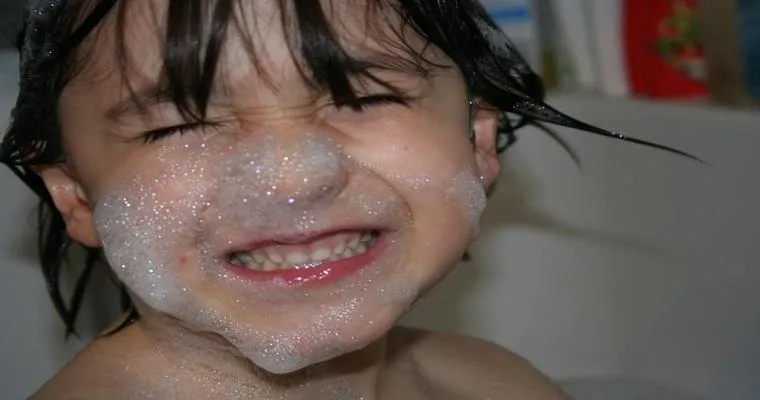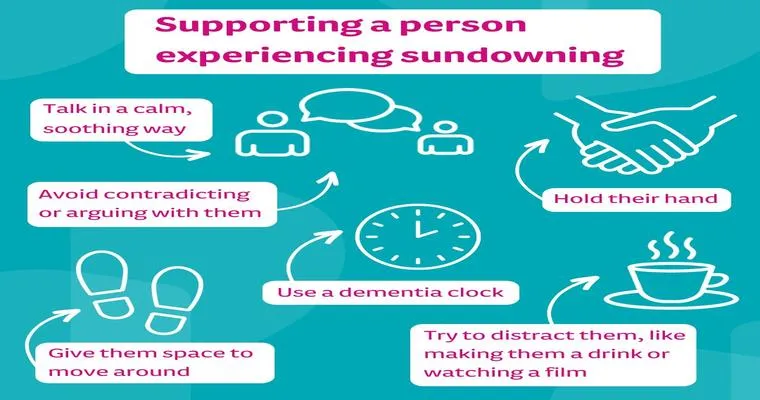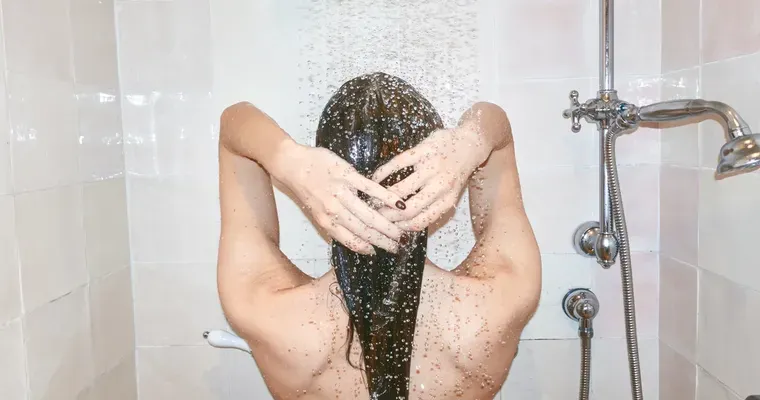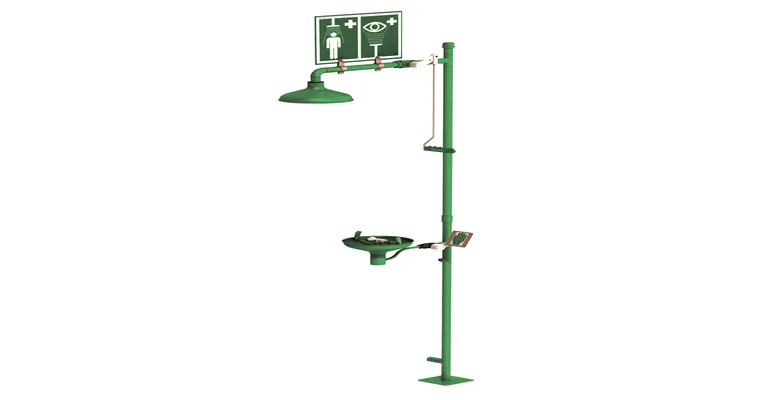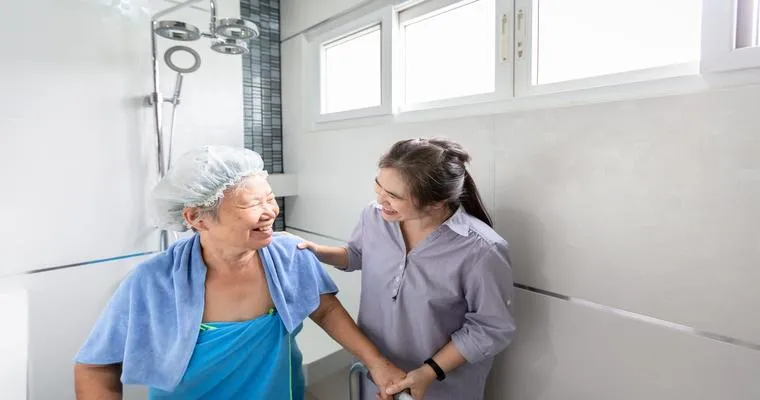As a caregiver, I found myself constantly worrying about my mom's "bathing habits" and overall hygiene. It was a source of stress, guilt, and concern, especially as I noticed her becoming less interested in self-care. However, I eventually realized that I needed to shift my perspective. I stopped caring about my mom's "bathing routine", and this change brought unexpected benefits to both of us.
In the beginning, my focus was entirely on ensuring that my mom maintained a routine that aligned with societal norms of cleanliness. I would schedule her baths, remind her frequently, and even engage in gentle coaxing when she resisted. This approach, while well-intentioned, only led to frustration for both of us. I felt overwhelmed, and she felt pressured, which created a cycle of negativity that was hard to break.
The turning point came when I recognized that my mom was an individual with her own preferences and feelings. She was not a child who needed constant supervision, but rather an adult navigating her own life. I began to understand that "self-care" is deeply personal. By stepping back and allowing her to make her own choices about bathing, I empowered her to take control of her own hygiene in a way that felt comfortable to her.
This shift in my mindset also made me reconsider the meaning of "hygiene". I learned to appreciate the fact that cleanliness does not always equate to traditional bathing. My mom found joy in sponge baths, using moist wipes, and even refreshing herself with a washcloth. These alternatives not only made her feel better but also helped her maintain a sense of dignity. It was a revelation that self-care could take many forms, and what mattered most was how she felt about her own body.
Moreover, this change had a positive impact on our relationship. By relinquishing control over her bathing habits, I fostered an environment of trust and respect. My mom felt more at ease, knowing that I valued her autonomy. We shifted our conversations from "bathing schedules" to more meaningful topics, sharing stories and laughter instead of focusing solely on hygiene.
Of course, there were moments of concern. I still monitored her overall health and well-being, ensuring that she was comfortable and safe. However, I learned to approach these discussions with sensitivity and understanding. Instead of demanding compliance, I opted for open communication, asking how she felt and what she needed. This approach reinforced our bond and made her feel heard and valued.
In conclusion, stepping back from my mom's bathing routine was a liberating experience that allowed us both to thrive. I learned that self-care is not a one-size-fits-all concept, and by respecting her choices, I empowered her to take charge of her own "hygiene". This journey taught me the importance of understanding and compassion in caregiving. As we continue to navigate this chapter of life together, I embrace the lessons learned and cherish the deepening connection we share.

